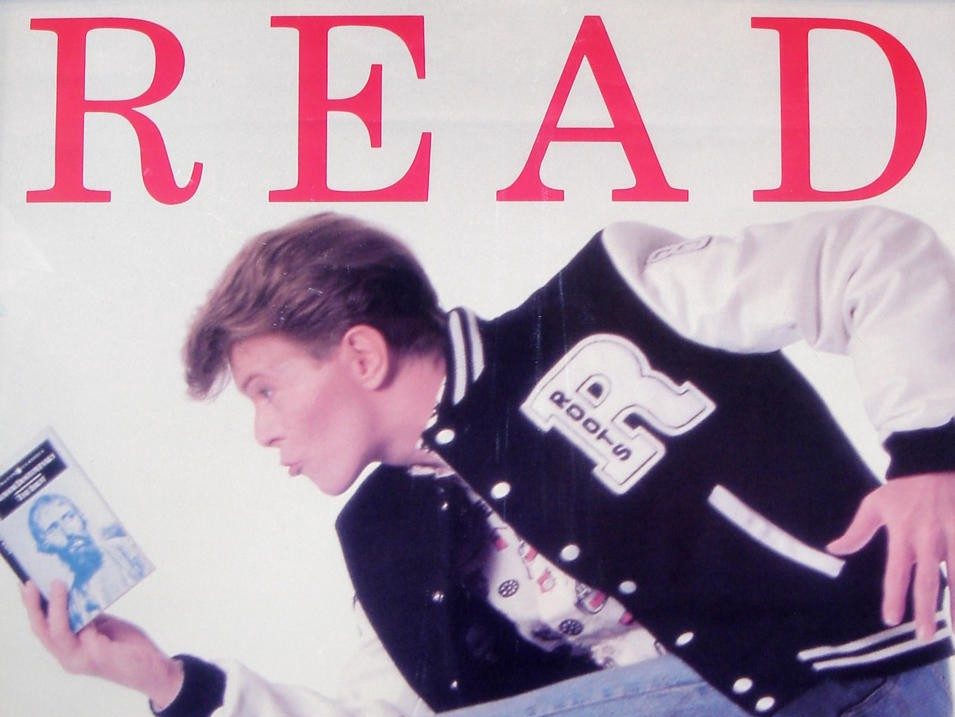There are some writers I think have been ignored by posterity. I will mention a couple
Anna Katharine Green (1846-1935) I only read a couple of her short stories ( read for instance her story "A Memorable Night"), but they are extremely well composed. She also the creator of the spinster detective, the Miss Marple type, for which Agatha Christie is sometimes credited. (Actually, the Poirot character was not very original either? I don't know why this is being kept a secret? If you put this to any Agatha Christie specialist they go nuts. But it is a fact.)
Arthur Leo Zagat is a now forgotten pulp master (read for instance his story "D, my Name is Death")
Anatole Feldman is another forgotten pulp master. I have not read much by him. But I met a researcher of pulp fiction online once, and he said he was extremely underrated. So this is his recommendation.
Margie Harris is a female pioneer of hard boiled writing, also a pulp master (read the story collection Margie Harris, queen of the gangsters ed by John Locke)
Then there are other writers that have not been forgotten, but which should take up much more space in text books
In my view, Lovecraft and Howard were two of the best writers in English in their day. (read Lovecraft's "The Tomb" or Howard's "Pigeons from hell")
Ambrose Bierce. Is there any short story writer that has his dark humor and satirical style? Read for instance his story "A Bottomless Grave".
Jack London. Some people think he only wrote animal stories! He wrote scifi and a lot of things in many genres. (Read his first person short story "Moon-face" in which the narrator is unsympathetic. This was very early for this sort of thing. Or perhaps "The red one" or the disaster novel The Scarlet Plague. Perhaps this last suggestion is not suitable at the present time. Still he did write a disaster novel)

